The Court of Appeal yesterday revoked Bubacarr Keita’s bail and ordered for his arrest and remand over charges of rape. Mr Keita is accused of raping his former wife’s 15-year-old sister.
Last August, Judge Momodou SM Jallow of the Bundung high court granted him bail in the sum of D100, 000 with two Gambian sureties. But the State appealed against the court’s decision at the Court of Appeal asking for the ruling of the lower court to be set aside and order for the respondent’s bail to be revoked and be remanded in custody, pending the trial and determination of the charges against him.
The State also raised issues on whether the judge has power to grant bail to the respondent, considering the nature of the offense charged and whether the judge exercised his powers properly in granting bail to the respondent.
Deciding on the matter yesterday, a three-member panel of judges led by Justice Kumba Sillah-Camara described four areas in the high court judge’s decision as ‘perverse and unsupportable’ by evidence. According to Justice Sillah-Camara the judge adopted both sides’ submission against the grant of bail as his own.
She added that the granting of bail pending an appeal is clearly at the discretion of the court, and it depends on the special facts and circumstances of the case.
She underscored that, every application for bail pending appeal is to be considered on its peculiar, special facts and circumstances. The justice argued that, the high court judge misapplied the principle in Henry Gabriel where the Supreme Court granted bail to the man even as he was charged with the non-bailable murder offense and granted bail to Keita without ‘substantial’ reasoning.
The learned trial judge misapplied the facts by failing to have recourse to all the affidavits in support of the bail application and failed to appreciate the fact that the respondent was arrested on 6th of November 2019 and granted bail on the 7th of November 2019. The amended information was filed on the 15th of June 2019 as stated above.
The respondent was arraigned on the 20th of July 2020 and he was remanded on the said date. The learned trial judge failed to read the averments on paragraph 6 and 7 of the affidavit in support. The respondent was only charged with the offense of rape on 15th June 2019 and barely over a month and the respondent was arraigned before the high court. Thus, the learned [trial judge] was wrong to have said that the state failed to proceed with the case for more than a year. I hold that the learned trial judge misdirected the facts by holding that the appellant did not prosecute within reasonable time.
“The learned trial judge in determining the bail application failed to give reason for the fact that the matter was not tried within a reasonable time, he failed to apply the laws to the facts correctly, Section 19 of the constitution was mentioned in the ruling without putting it into proper context and there was no correlation between the facts and the law. The citing of the case of Henry Gabriel supra was done by the way side and no proper recourse of the case was made by the learned trial judge. The learned judge failed to apply the principle in the said case correctly.
The learned judge failed to appreciate the fact that the respondent was charged with rape punishable with life imprisonment.”She elucidated. She argued that the judge failed to cite Section 99 of the CPC which specifically deals with bail and the matter at hand. “It is clear from the foregoing that the learned trial judge did not handle the matter properly, with due respect to the learned trial judge he misdirected material facts, misapplied principles and failed to apply the law correctly to the facts, therefore the ruling is completely flawed and devoid of reasoning and comprehension,” she added.
She held the view that the learned trial judge’s decision is not supported by evidence. The appeal succeeds and the ruling dated 11th August 2020 is hereby set aside. The respondent’s bail is hereby revoked. The respondent shall be arrested and remanded in custody pending the trial and determination of the charges against him.
By: Sainabou Jasseh

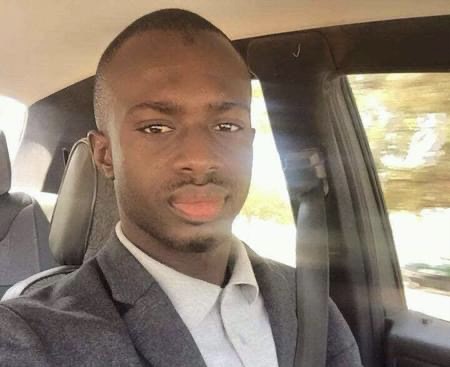
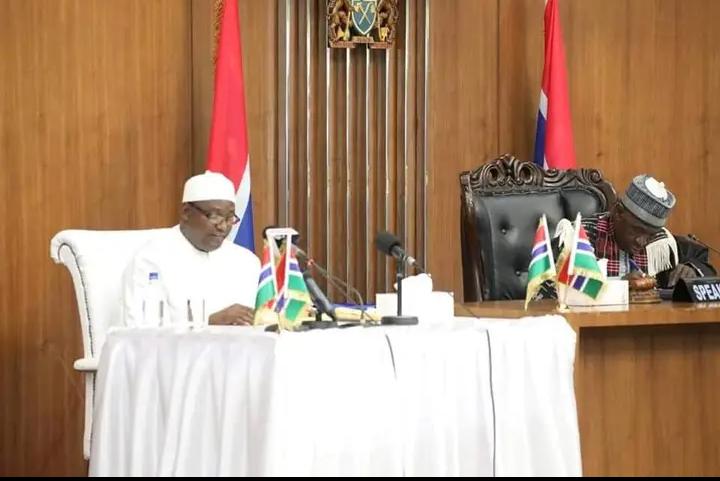
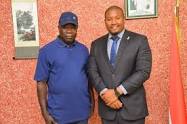
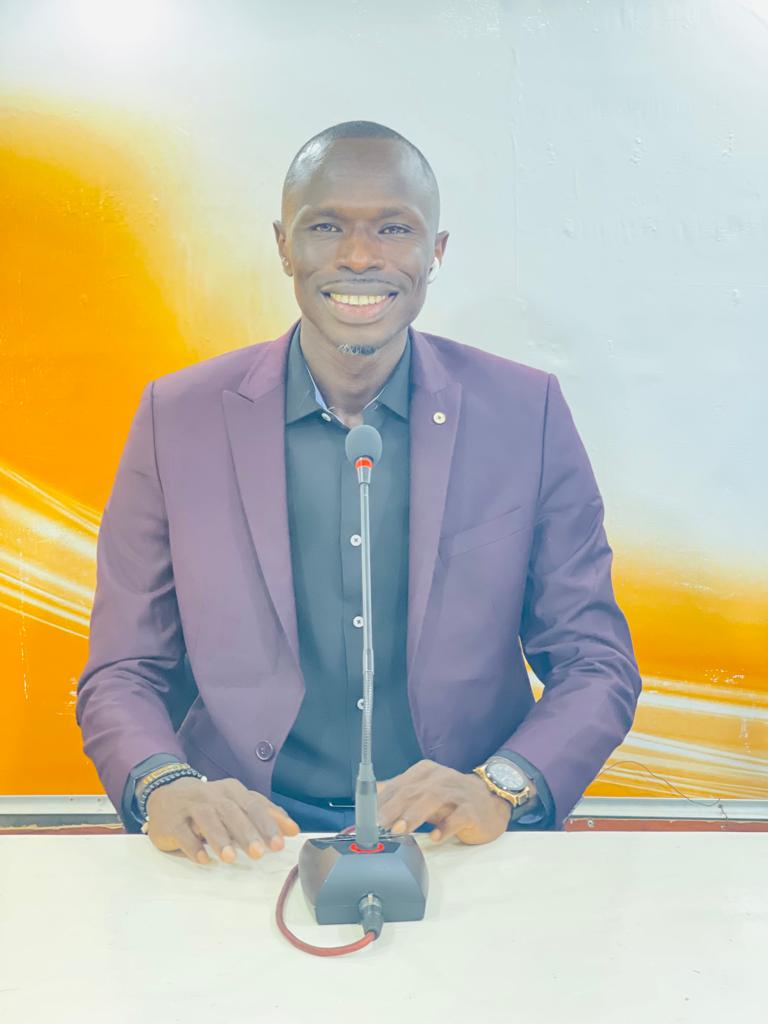
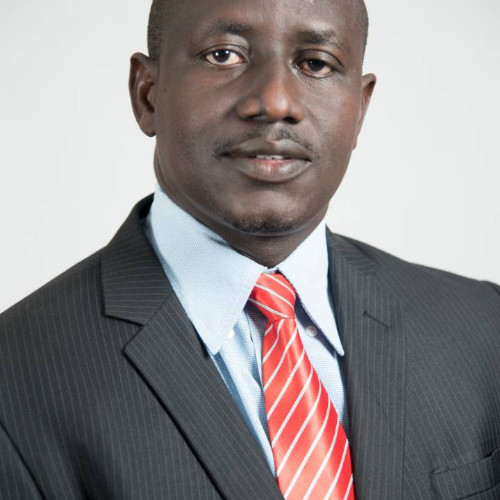
Leave A Comment